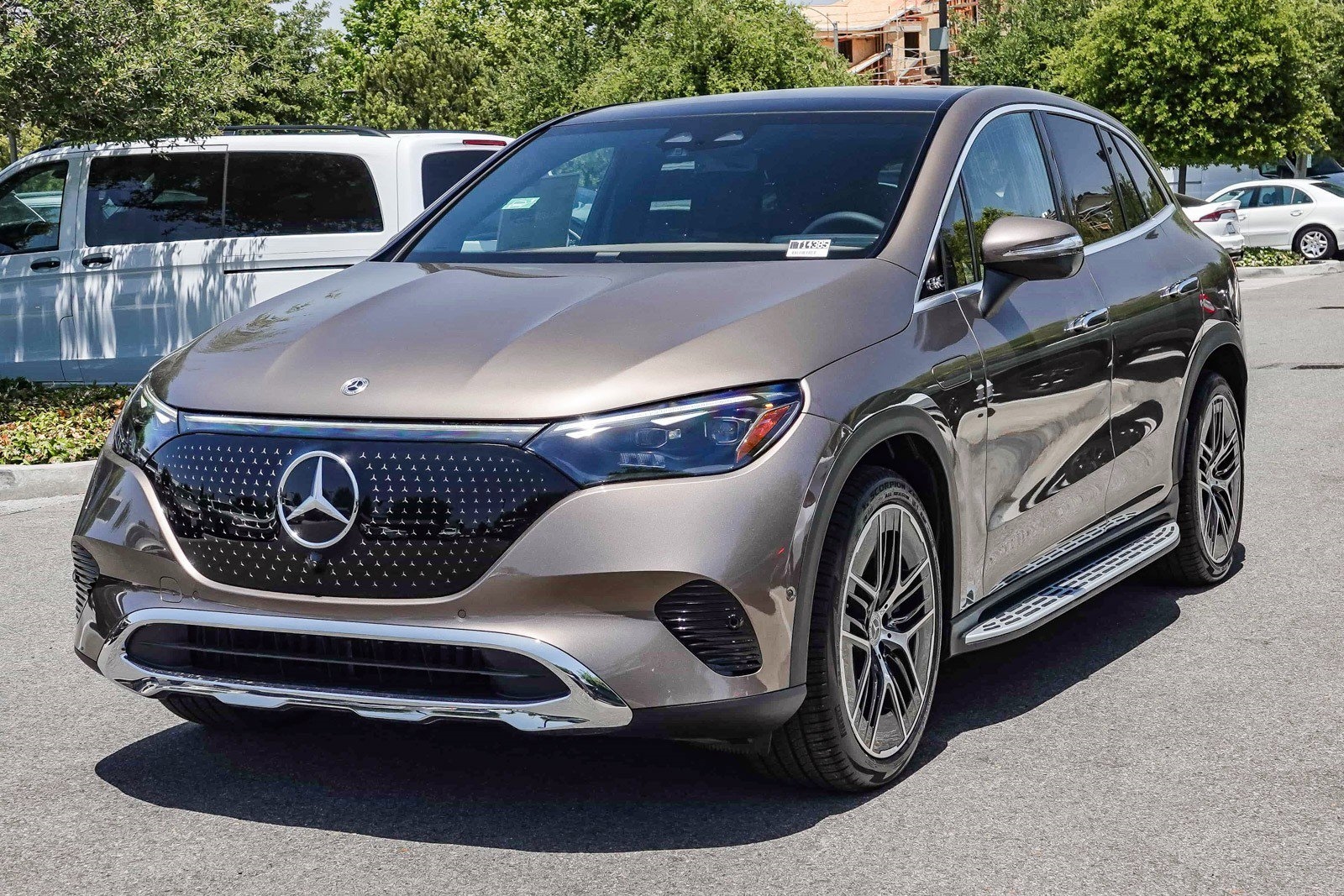2025 Mercedes Gasoline Needs: What Fuel Is Best?
To maintain the performance and longevity of your 2025 Mercedes-Benz, one of the most important factors to consider is the type of gasoline you use. With a range of models offering varying engine configurations and performance capabilities, understanding the correct fuel requirements for your specific Mercedes is key. In this article, our team at Mercedes-Benz of Temecula explores the gasoline needs of the latest 2025 Mercedes models, including whether premium gas for Mercedes is always necessary, what happens if you use regular gas, and how using the right fuel can affect your vehicle's performance and warranty.
Gasoline Types and Their Importance for Vehicle Performance
Driving a luxury vehicle such as a Mercedes-Benz requires the right type of gasoline to maintain optimal engine performance, longevity, and efficiency. With various models available in 2025, knowing the correct fuel type for your Mercedes is essential to keep your car running smoothly.
Premium and Regular Grades
Premium gas is generally rated between 91 and 94 octane, whereas regular grades typically have an octane rating of 87. A common question is whether Mercedes-Benz vehicles require premium or regular gas. Although regular gas may be more affordable, it's not always the best choice for high-performance engines designed to run on premium fuel. Mercedes-Benz cautions against using any fuel other than premium in all its models except fully electric ones.
Many Mercedes models, especially those with more powerful turbocharged or V-8 engines, are built to run on premium gas. This higher-octane fuel ensures optimal engine performance and efficiency. For example, the 2025 Mercedes-Benz GLS-Class GLS 450 4MATIC and GLC 300 4MATIC both require premium gasoline to maintain their advanced engine systems and deliver maximum power output.
Gasoline Requirements for 2025 Mercedes Models: What Type of Gas Does a Mercedes-Benz Take?
Each 2025 Mercedes-Benz model has specific gasoline requirements to ensure the engine performs at its best. Let's look at some of the key models and their specific Mercedes-Benz gas types.
2025 Mercedes-Benz GLS-Class GLS 450 4MATIC
Here's what you can expect if you're considering the 2025 Mercedes-Benz GLS-Class GLS 450 4MATIC:
- Fuel type: Premium gas
- EPA combined mpg: 21 (19 mpg city/24 mpg highway)
- Estimated monthly fuel cost: $227
Mercedes-Benz GLS-Class GLS 580 4MATIC
Here's what you can expect if you're considering the Mercedes-Benz GLS-Class GLS 580 4MATIC:
- Fuel type: Premium gas
- EPA combined mpg: 16 (14 mpg city/19 mpg highway)
- Estimated monthly fuel cost: $314
2025 Mercedes-Benz Maybach GLS 600
Here's what you can expect if you're considering the 2025 Mercedes-Benz Maybach GLS 600:
- Fuel type: Premium gas
- EPA combined mpg 15 (13 mpg city/18 mpg highway)
- Estimated monthly fuel cost: $316
2025 Mercedes-Benz GLC-Class GLC 300 4MATIC
Here's what you can expect if you're considering the 2025 Mercedes-Benz GLC-Class GLC 300 4MATIC:
- Fuel type: Premium gas
- EPA combined mpg: 27 (23 mpg city/31 mpg highway)
2025 Mercedes-Benz GLC-Class GLC 350e 4MATIC (Plug-in Hybrid)
Here's what you can expect if you're considering the 2025 Mercedes-Benz GLC-Class GLC 350e 4MATIC (Plug-in Hybrid):
- Fuel type: Premium gas (for gasoline engine) and electric power for an all-electric driving range
2025 Mercedes-Benz C-Class C 300
Here's what you can expect if you're considering the 2025 Mercedes-Benz C-Class C 300:
- Fuel type: Premium gas
- EPA combined mpg: 29 (25 mpg city/35 mpg highway)
What Happens if You Put Regular Gas in a Mercedes?
Although it's tempting to save a few dollars by using regular gas, putting the wrong fuel in your Mercedes-Benz can have serious consequences. While it's not an immediate disaster if you fill up with regular gas, using the wrong fuel can cause performance issues, carbon buildup over time, and potentially costly repairs. Lower-octane gasoline can cause knocking or pinging in the engine, impacting performance, reducing fuel efficiency, and even impacting long-term engine health. It can also affect your vehicle warranty.
If you accidentally use regular gasoline, you should drive slowly until you can reach a dealership that can flush and drain your fuel tank. Refuel with premium gasoline as soon as possible to restore optimal performance.
Low-Octane Fuel Can Affect Warranty and Maintenance Costs
If you've been asking, "Can you put regular gas in a Mercedes?", the answer is no. Using regular gas in a vehicle designed for premium fuel may void the manufacturer's warranty and lead to higher maintenance costs due to engine stress. Mercedes-Benz fuel type guidelines are designed to protect your investment by ensuring the engine runs as intended, which reduces the risk of costly repairs down the road.
The Best Gasoline for Mercedes-Benz Vehicles
Most Mercedes-Benz cars and SUVs require premium gas to operate at their best. The only exception to this rule is electric vehicles which run on premium gas and electric power. Premium gasoline is the best choice for Mercedes-Benz vehicles because its higher octane rating ensures smooth performance and prevents engine knocking.
Visit Mercedes-Benz of Temecula for More Information
For optimal performance, efficiency, and engine longevity, it's essential to follow the Mercedes-Benz gas requirements for 2025 Mercedes models. While most models in the lineup require premium gas, there are exceptions, so it's important to check the specific requirements for your vehicle. By choosing the best gasoline for your Mercedes-Benz, you're ensuring a smooth, reliable ride and preserving the value of your luxury vehicle for years to come. If you're unsure about the correct fuel for your specific model, consult your owner's manual or visit Mercedes-Benz of Temecula for expert advice.
Image by Markus Spiske | Licensed with Unsplash License

Boutiques in Temecula
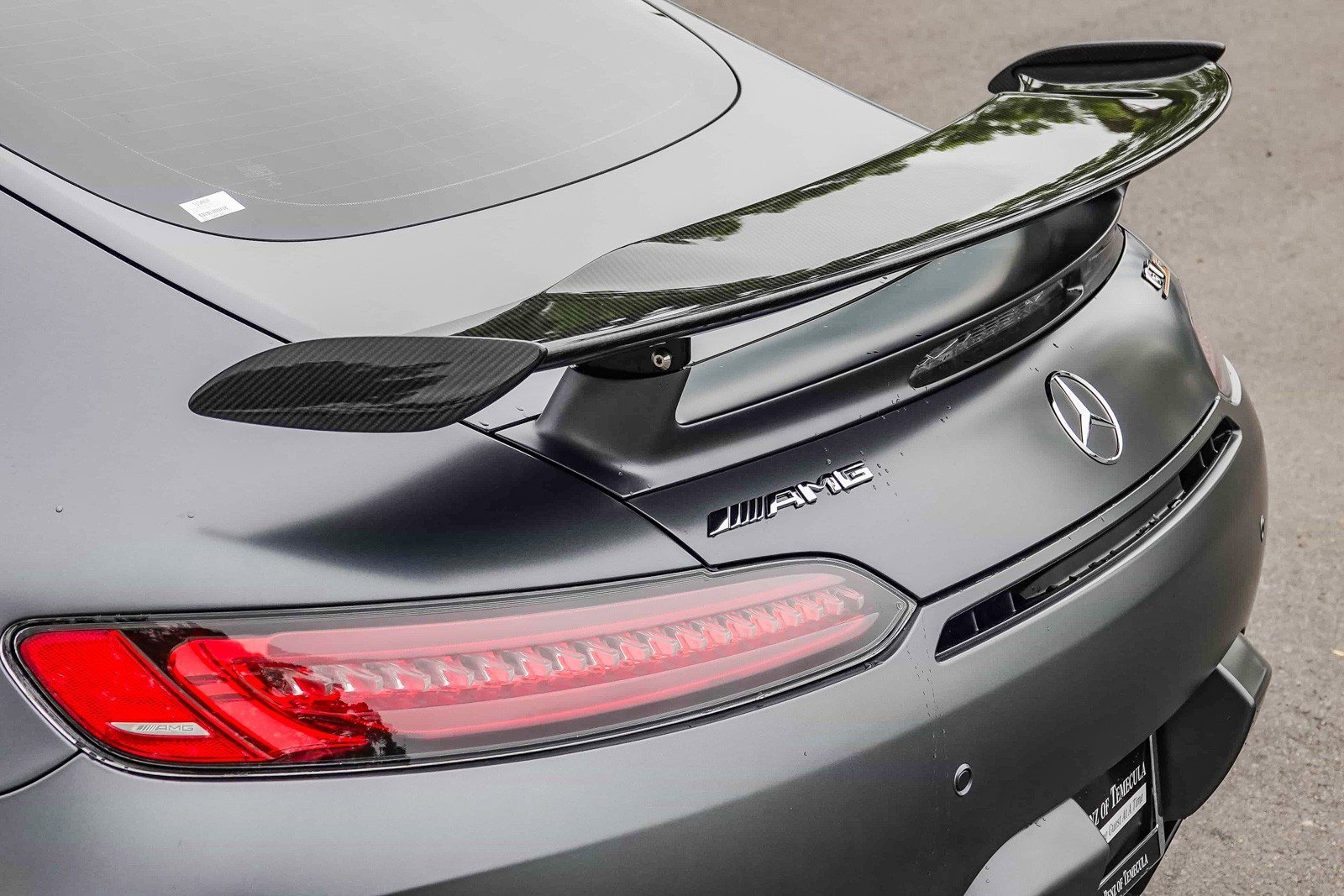
History of Mercedes & AMG

Why Can You Write Off a G Wagon?
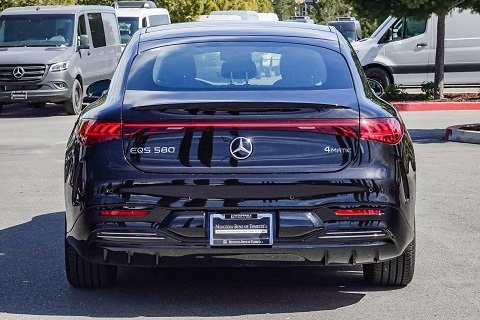
Mercedes Naming Conventions Explained

Why Should I Service My Car at a Dealership?
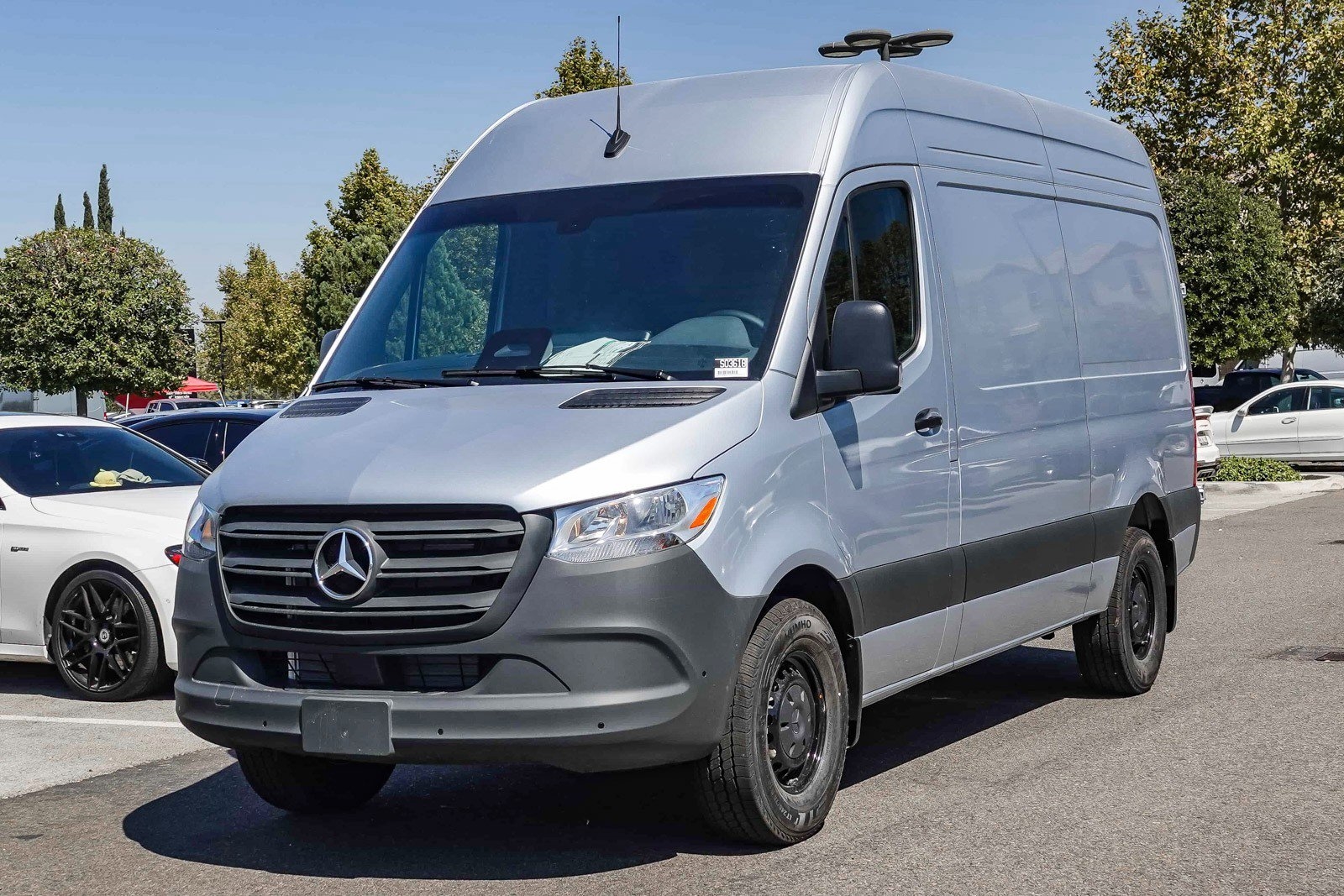
2025 Mercedes Sprinter Service Intervals

Indian Cuisine in Temecula, CA
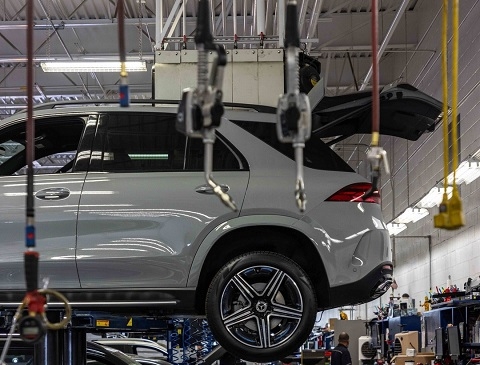
OEM vs Aftermarket Car Parts

2025 Mercedes S-class Trims & Engine Options

Antique Malls & Stores in Temecula, CA
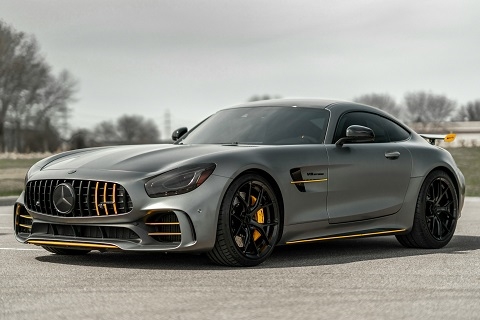
Window Tint Overview

Golf Courses in Temecula, CA

Engine Oil FAQs

Tips for Getting the Right Tires
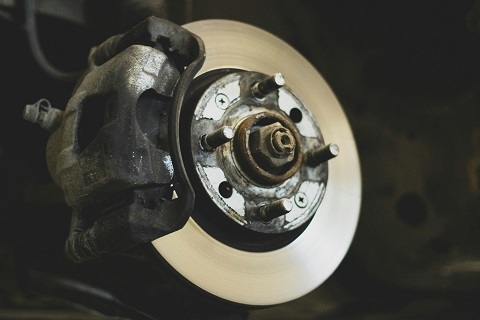
Car Brake Guide

Jewelry Store Options in Temecula, CA

2025 Sprinter Van Interior Dimensions

Savor the Best BBQ in Temecula, CA
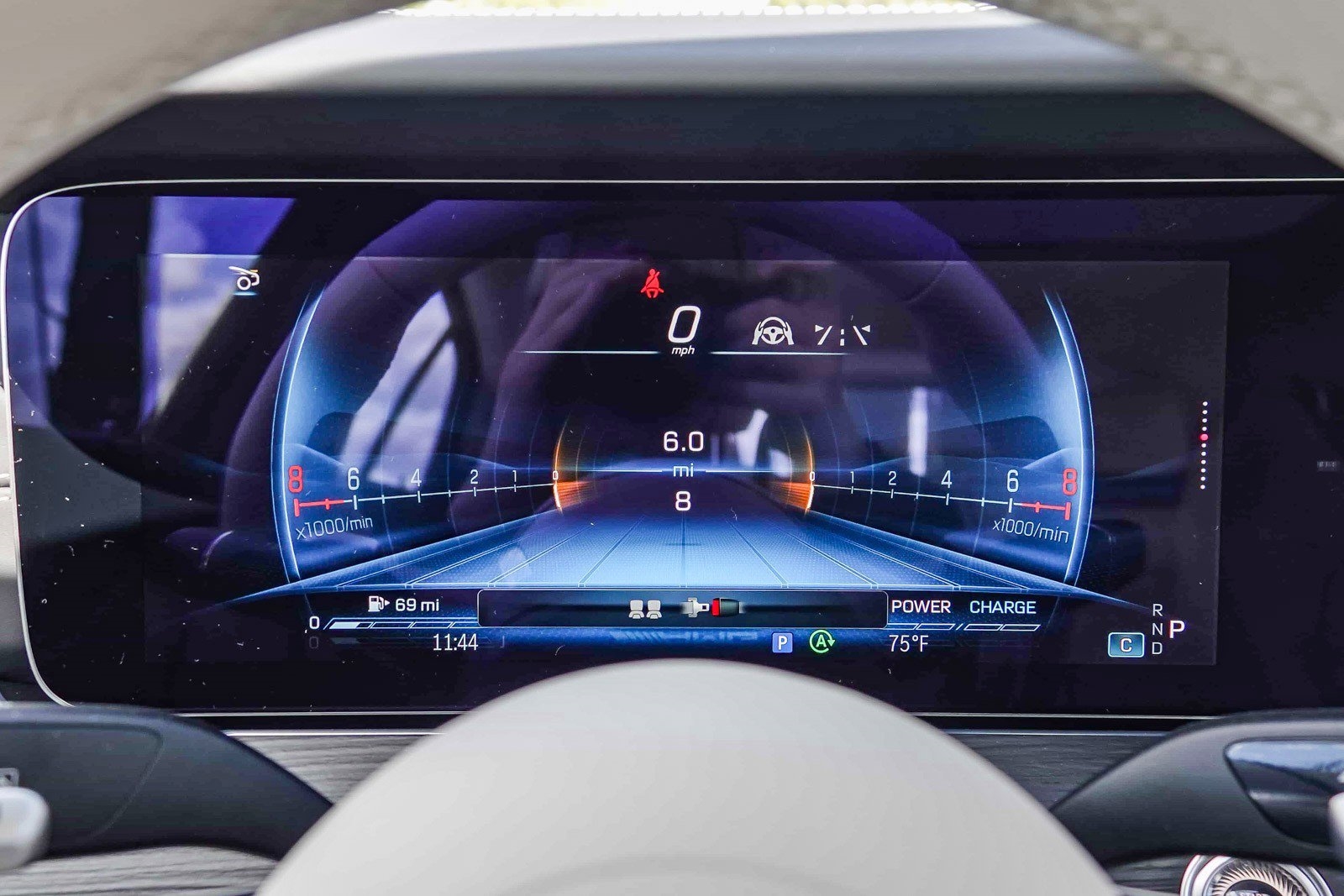
Mercedes Dashboard Symbol Guide
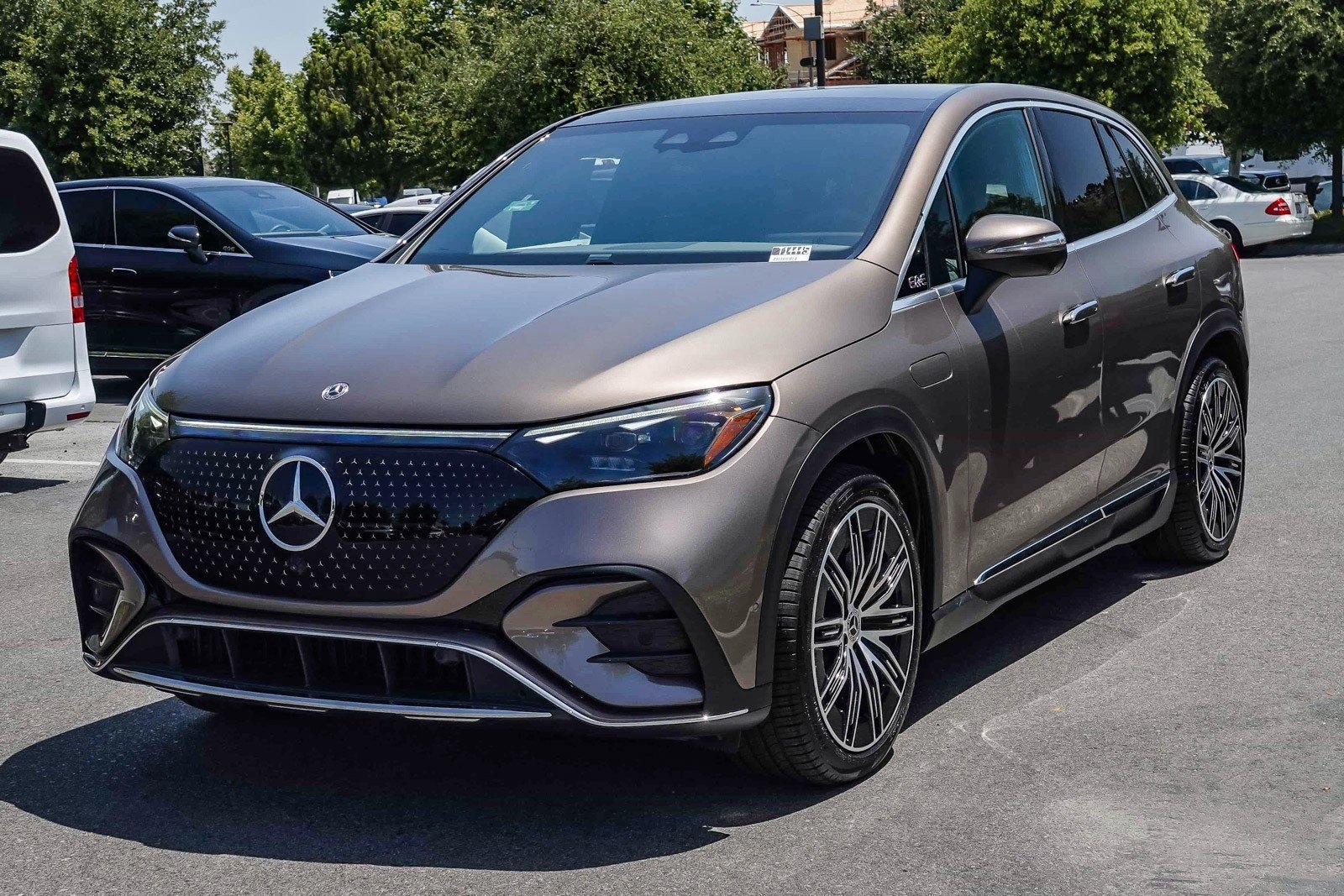
Mercedes EVs by Range
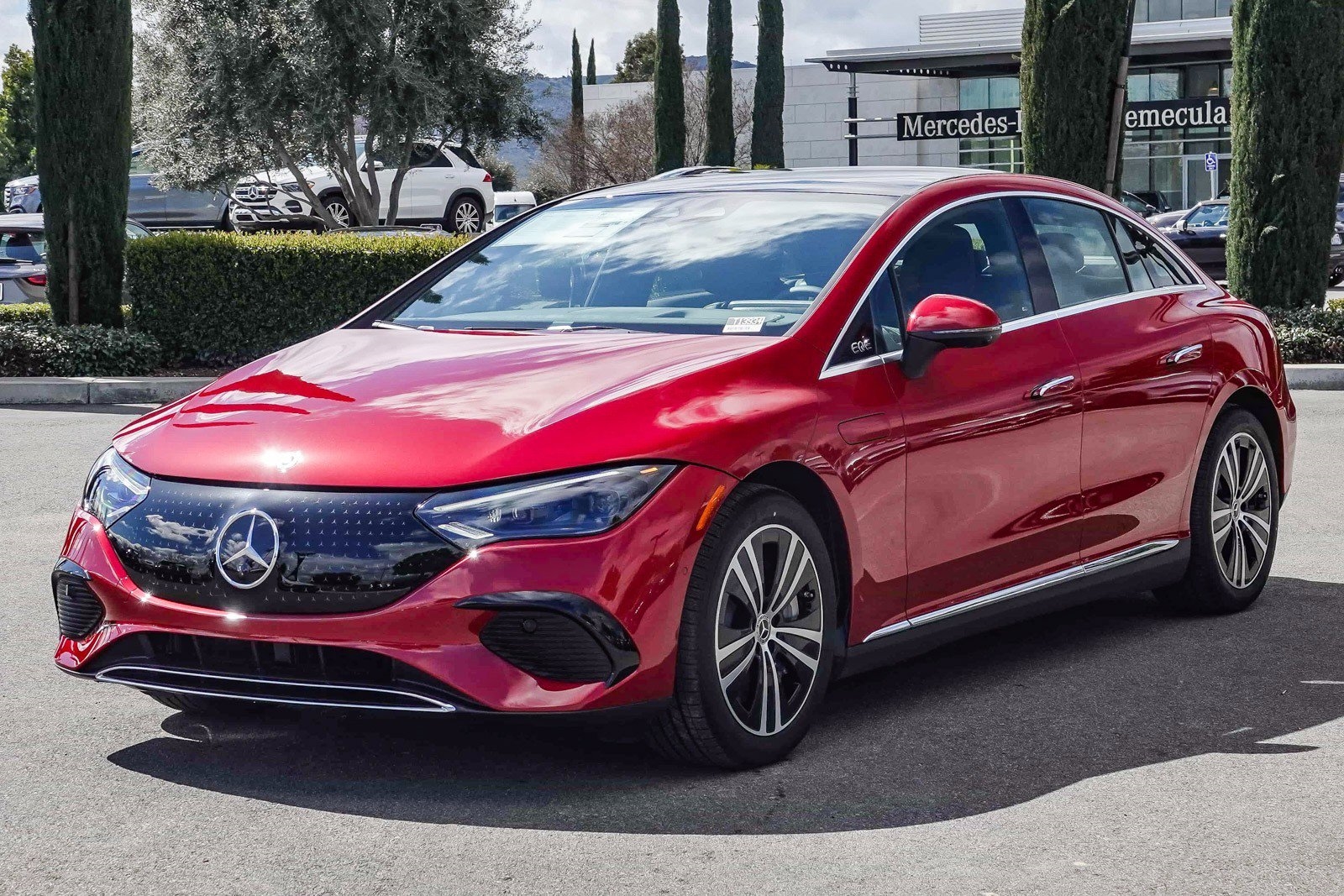
2025 Mercedes EQE Color Options
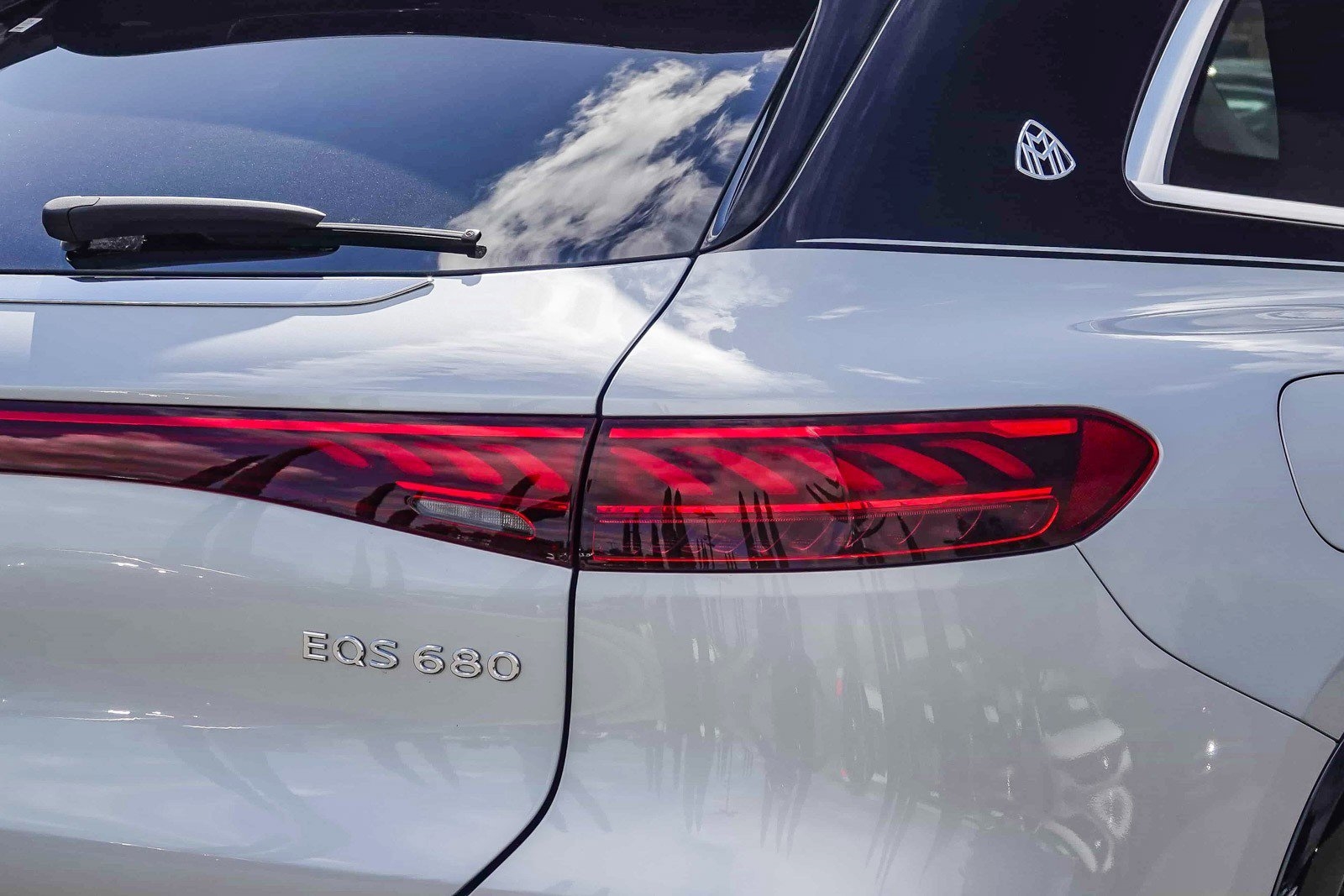
2025 Mercedes-Benz EQS SUV & Sedan Specs

Top 4 Golf Ranges in Temecula, CA
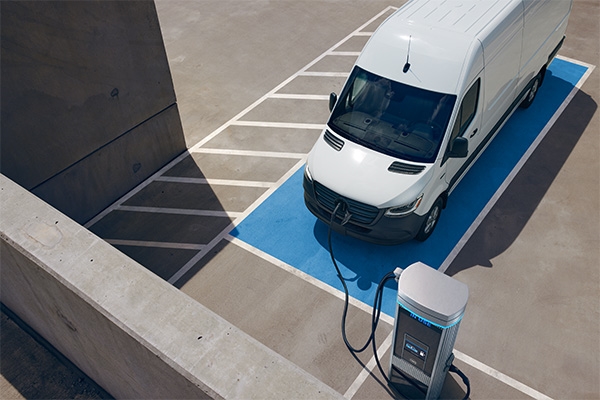
2025 Mercedes eSprinter Range & Charging Specs
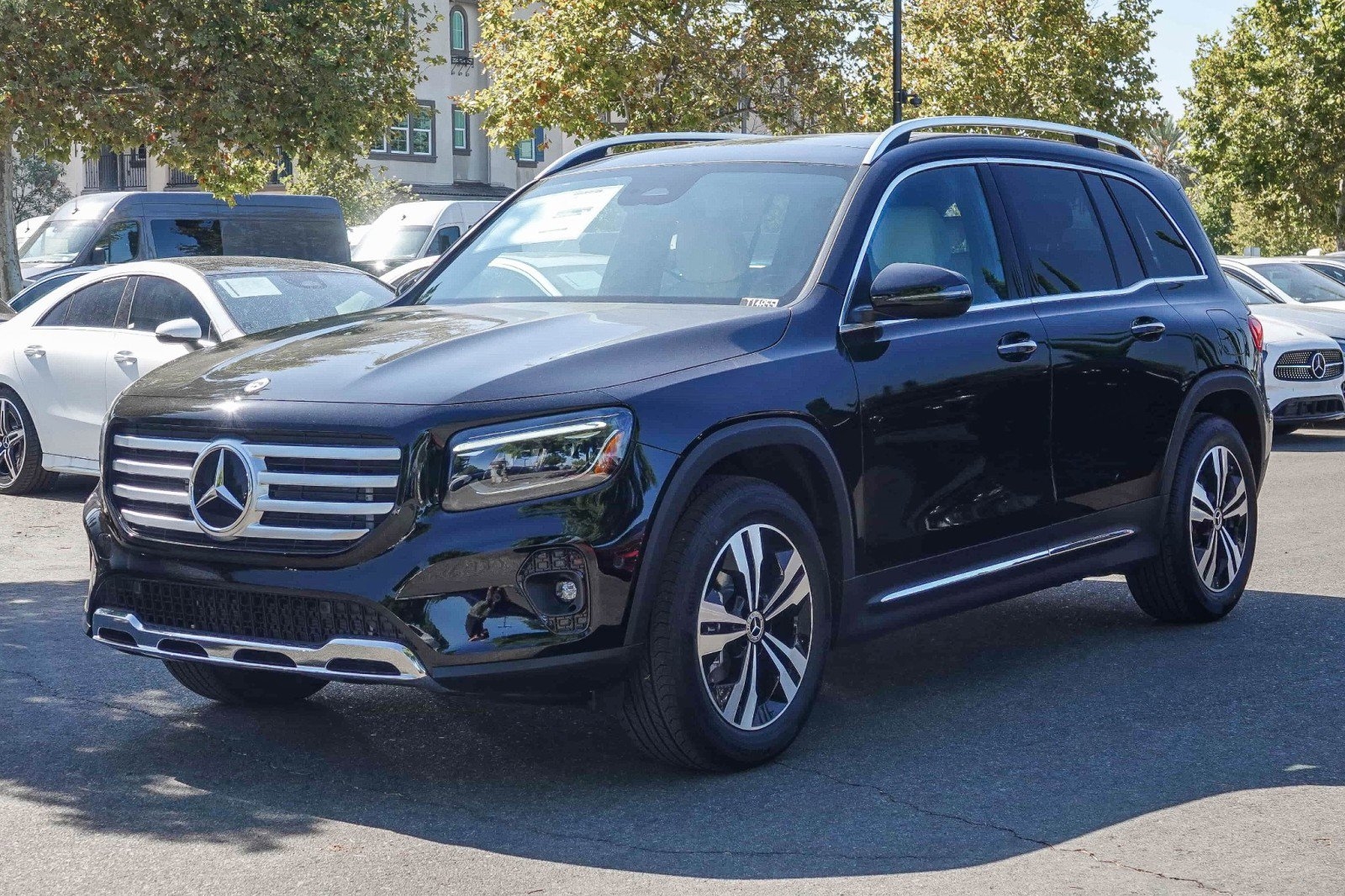
Color Options for The 2025 Mercedes GLB

Discover the Best Health Food Stores in Temecula, CA
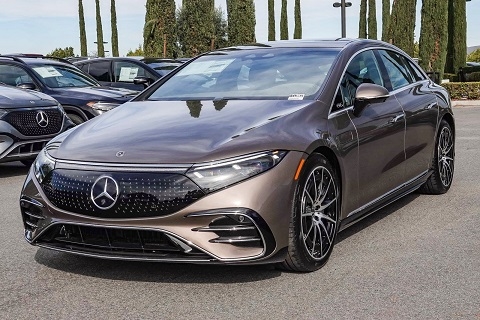
2025 Mercedes EV Lineup

Best Food Trucks in Temecula, CA

2024 Mercedes EQE vs. BMW i4

What Are The Types of EV Chargers & Plugs?
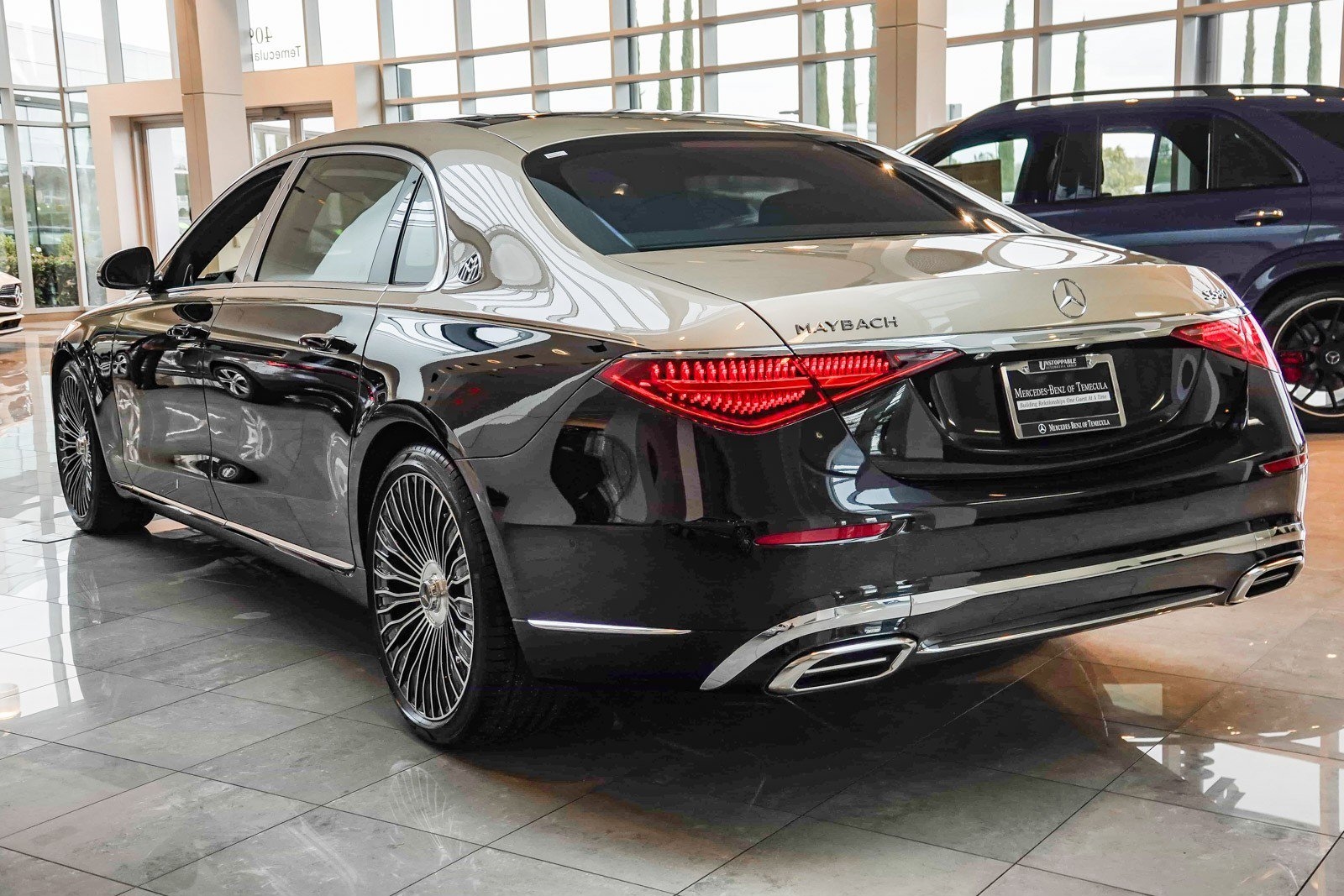
What is a Maybach Mercedes?

Spring Activities in Temecula, CA

2024 Mercedes G Wagon Overview
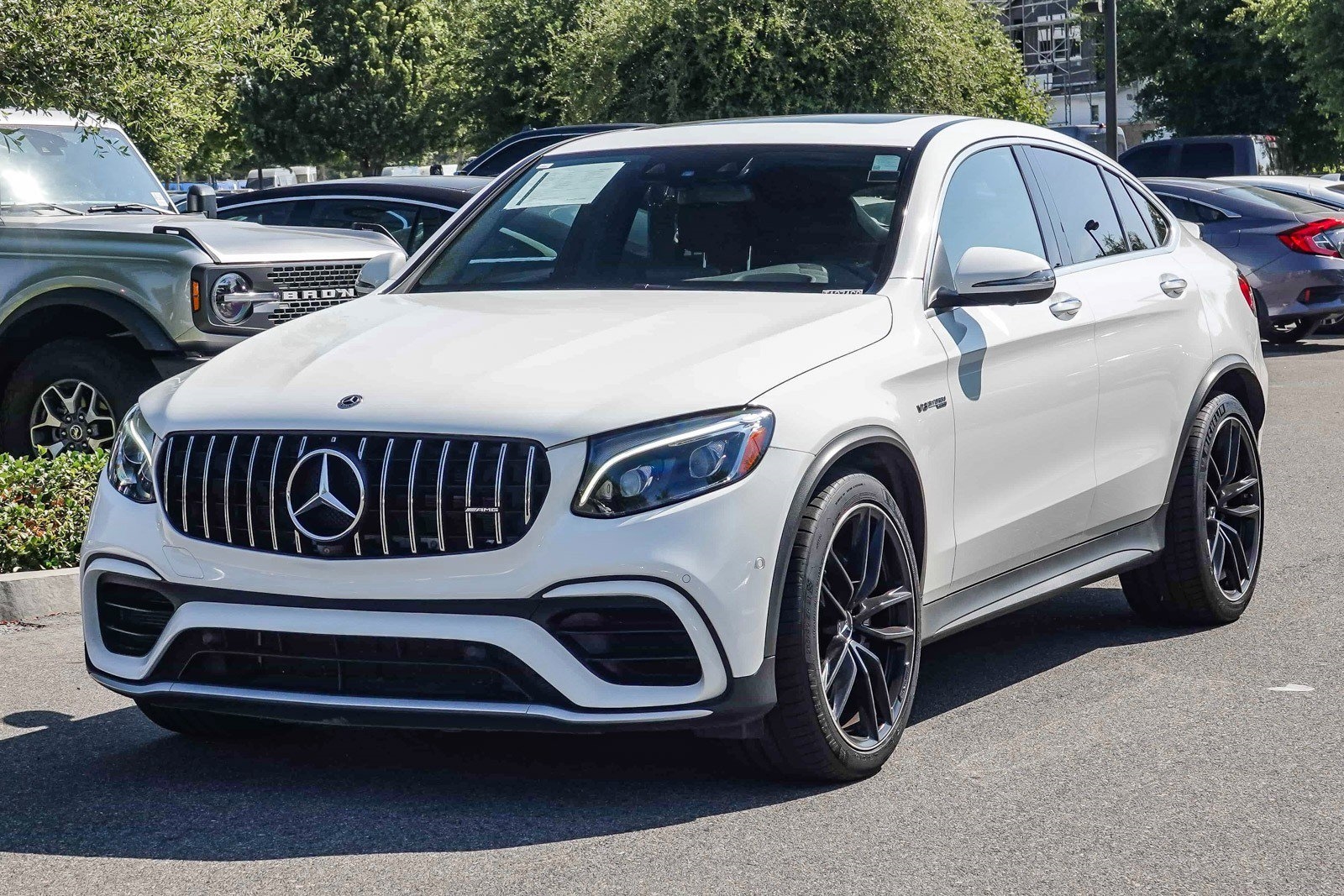
How do I Get a Good Used Car?
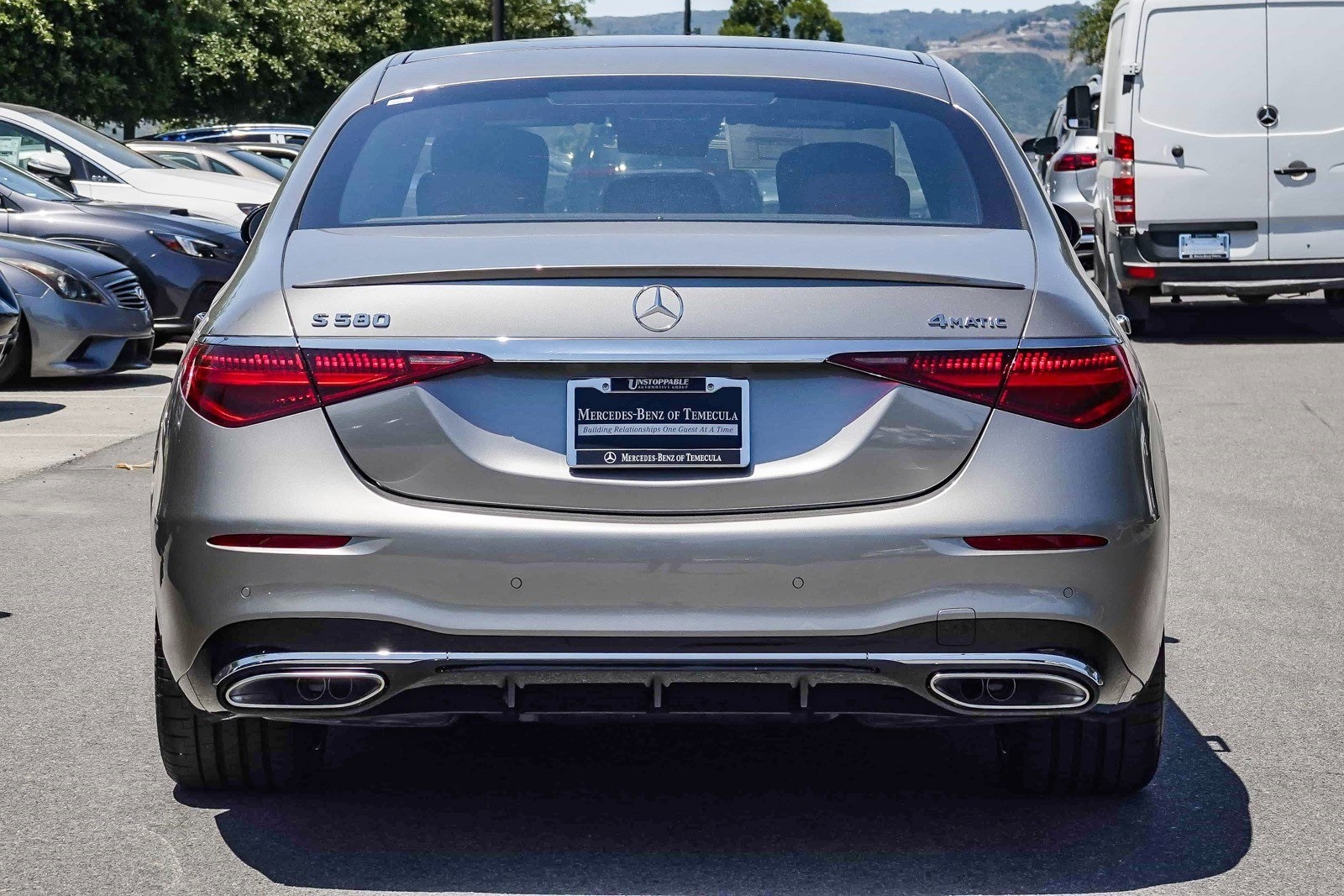
2025 Mercedes S-class Overview
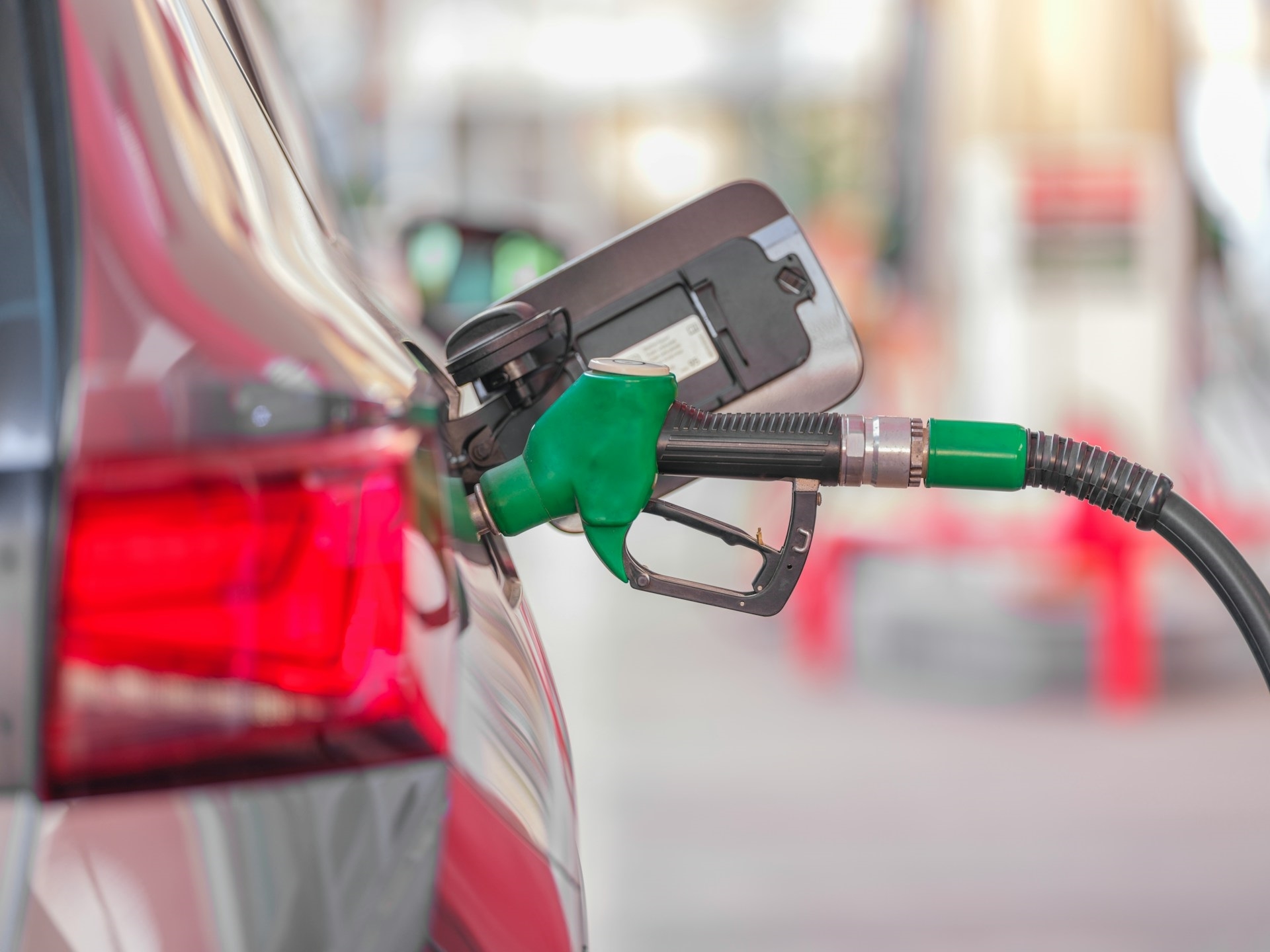
Diesel vs Gasoline Engines
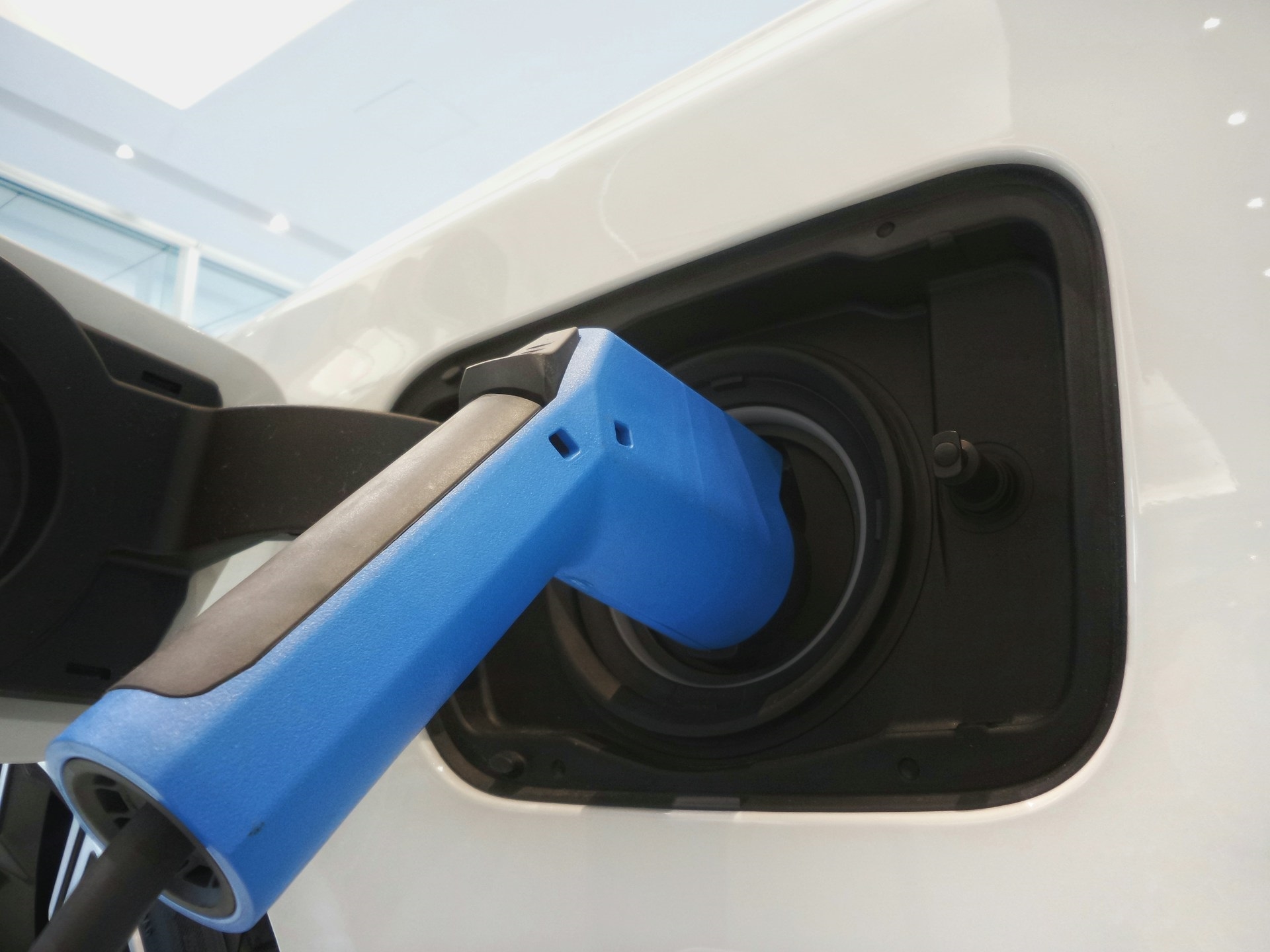
How Do I Extend The Range of My EV?
